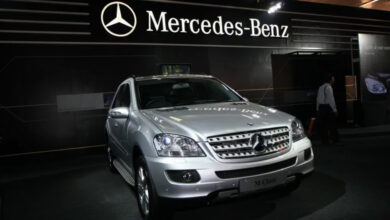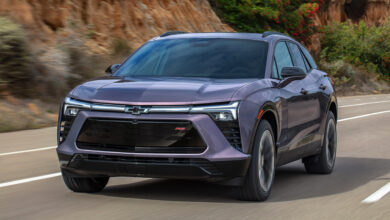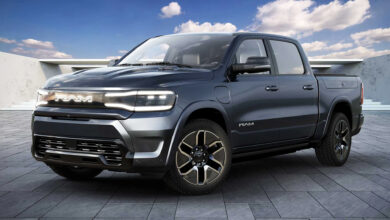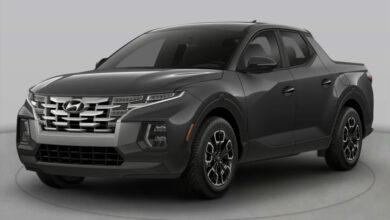Honda and Nissan Enter Merger Talks to Form the World’s Third-Largest Automaker
Honda and Nissan Enter Merger Talks to Form the World’s Third-Largest Automaker
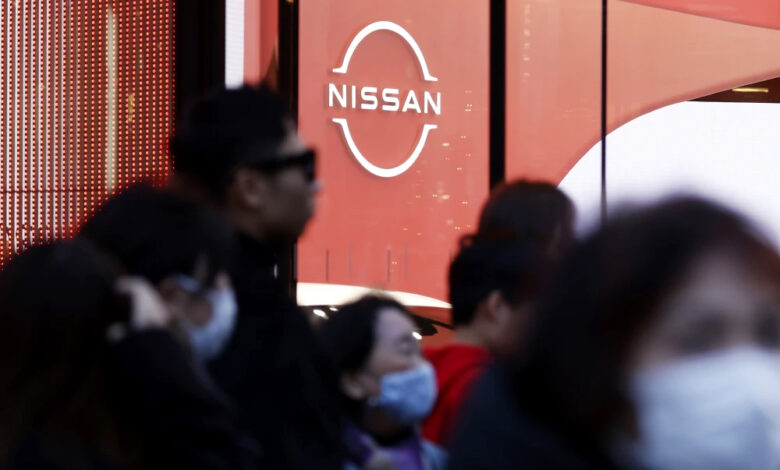
Japanese automotive giants Honda and Nissan announced on Monday that they are entering formal discussions to merge, a move that would position them as the world’s third-largest automaker by sales. The merger comes as both companies face increasing pressure from global electric vehicle (EV) leaders like Tesla and China’s BYD, alongside rising costs of transitioning to EVs.
During a press conference, Honda CEO Toshihiro Mibe emphasized that the companies must scale up operations to remain competitive in developing EV technologies and intelligent driving systems. Mibe stated that this merger would offer an “edge that cannot be achieved under the current collaboration framework.”
The integration would prioritize resource-sharing, operational synergies, and economies of scale while maintaining the distinct identities of both brands. According to Mibe, the plan includes establishing a holding company listed on the Tokyo Stock Exchange to oversee Honda and Nissan. Honda, with its larger market capitalization, will appoint most board members of the merged entity.
If successful, the combined group is projected to achieve annual revenue of 30 trillion yen ($191.4 billion) and operating profit exceeding 3 trillion yen. Honda currently reports a significantly higher operating profit than Nissan, with 1.382 trillion yen versus Nissan’s 568.7 billion yen for the fiscal year ending March 2024. Together, the companies hold a combined market value of nearly $54 billion, with Honda contributing $43 billion of that total.
The discussions, expected to conclude by June 2025, mark a long-term strategy with tangible results anticipated by 2030 or later.
Mitsubishi’s Role
Mitsubishi, Nissan’s strategic partner, has been invited to join the alliance. The company is expected to make its decision by January 2025.
Driving Consolidation Amid Fierce Competition
The merger highlights the intense competition traditional automakers face in the global EV market. Tesla and BYD have set a high benchmark, while legacy automakers wrestle with high transition costs. Industry consolidation has long been anticipated, with this merger serving as a strategic response.
If successful, the Honda-Nissan group would surpass South Korea’s Hyundai in sales rankings, trailing only Japan’s Toyota and Germany’s Volkswagen.
Challenges for Nissan
The talks follow recent financial struggles at Nissan, which include significant layoffs and a global production cut of 20%. Analysts attribute the merger discussions to Nissan’s underperformance and restructuring efforts following its complex partnership with Renault.
In a statement, Mibe addressed concerns from Honda’s shareholders, acknowledging that some might view the merger as Honda propping up Nissan. However, he clarified that the deal hinges on Nissan completing its turnaround plan. “If Nissan and Honda fail to stand on their own feet, this integration will not materialize,” he said.
Nissan CEO Makoto Uchida assured that the company remains committed to its recovery efforts, describing the merger as a way to secure long-term competitiveness. “This is about growth and partnerships. After our turnaround, we must ensure the right scale and future development,” he added.
Market analysts, however, remain cautious. Peter Wells, a professor at Cardiff Business School, warned that while Nissan urgently needed intervention, the merger’s success in addressing its challenges remains uncertain.
Market Response
News of the proposed merger has already impacted stock performance. Ahead of the announcement, Nissan shares rose 1.2%, Honda surged 3.8%, and Mitsubishi closed 0.6% higher in Asia trading. Meanwhile, Renault shares in Europe rose 1.2%, reflecting its stake in Nissan and ongoing collaborations.
The merger discussions signal a critical shift in the automotive industry as companies recalibrate their strategies to adapt to an electrified future.

